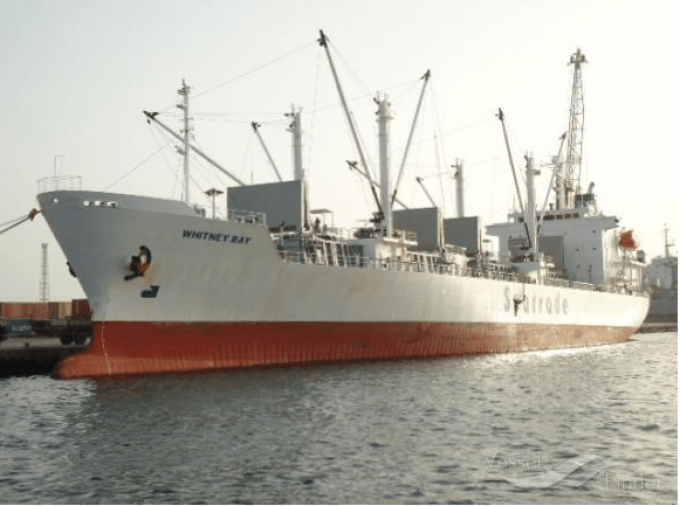Time to reverse 'decade-long decline' in South African logistics
The continuing loss of transhipment cargo “reinforces the picture of a decade-long decline” in South ...

South African exports are coming under pressure due to increased congestion and a lack of available reefer containers.
This has had several knock-on effects, including bringing older-style bulk reefer vessels out of retirement.
Congestion brought on by the same phenomena as is affecting supply chains elsewhere, has been compounded by inclement summer weather, which has denied access to truck traffic and ruined schedules and bookings – vessels reportedly face average wait times of 14 days.
However, during the grape export season, the South ...
'Disastrous' DSV-Schenker merger would 'disrupt European haulage market'
'Chaos after chaos' coming from de minimis changes and more tariffs
List of blanked transpac sailings grows as trade war heats up and demand cools
Shippers in Asia restart ocean shipment bookings – but not from China
Forto 'sharpens commercial priorities' as it lays off one-third of staff
India withdraws access for Bangladesh transhipments, in 'very harmful' decision
'Tariff hell' leaves industries in limbo – 'not a great environment to plan'
Asian exporters scramble for ships and boxes to beat 90-day tariff pause
Temporary tariff relief brings on early transpacific peak season
Pre-tariff rush of goods from US to China sees air rates soar, but not for long
De minimis-induced ecommerce demand slump could cripple freighter operators
Forwarders 'allowing the fox into the chicken run' by supporting 'hungry' carriers
Hapag 'took the bigger risk' when it signed up to Gemini, says Maersk
'Restoring America's maritime dominance' – stop laughing at the back of the class
Navigating tariffs: 'like trying to solve a Rubik's cube while colour-blind'

Comment on this article